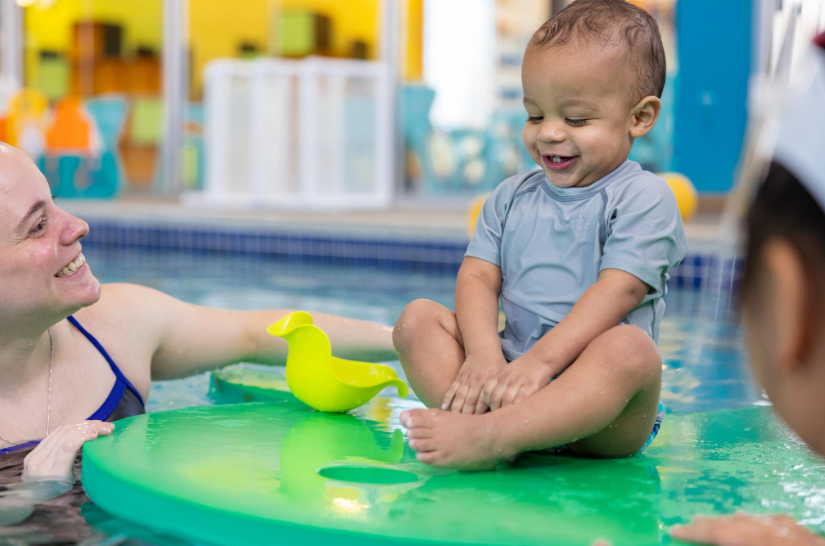
Kids Swimming Lessons Near Me The Best Options for Safe and Effective Training
Finding quality kids swimming lessons near me often involves considering options that focus on safety, skill-building, and a fun learning environment. Many local swim schools offer programs for children of all ages, from infants to preteens, ensuring age-appropriate instruction and gradual progress.
The best kids swimming lessons near you provide a mix of expert teaching, safety-focused techniques, and a supportive atmosphere to help children gain confidence in the water. Whether parents prefer group classes, private lessons, or specialized programs, there are choices that fit different schedules and learning styles.
Exploring local swim schools or private instructors can reveal opportunities designed to build both the fundamentals of swimming and water safety. This ensures kids not only learn to swim but also develop important skills for lifelong water confidence.
Finding the Best Kids Swimming Lessons Near Me
Parents looking for the right swimming lessons should consider the variety of programs available and the safety of the learning environment. Different lesson types cater to skill levels and ages, while instructor qualifications ensure children receive proper guidance.
Types of Swimming Programs for Children
Swimming programs vary from beginner lessons for toddlers to advanced stroke technique courses for older children. Many schools offer group classes that focus on building basic water safety and swimming skills in a social setting.
Other programs emphasize competitive swimming skills or water sports to develop endurance and technique. Private lessons provide personalized attention, which can benefit children who need extra support or faster progression.
Some schools also offer adaptive swimming programs for children with special needs. When choosing, parents should consider the child’s current ability, goals, and the program’s structure to ensure the best fit.
Safety Standards and Instructor Qualifications
Safety is crucial in kids’ swimming lessons. Reputable schools follow local and national safety regulations, including pool hygiene and emergency preparedness.
Instructor qualifications often include certifications from recognized organizations like the American Red Cross or YMCA swim instructor credentials. Qualified teachers are trained in CPR, first aid, and child development.
Parents should ask about instructor experience and class size. Smaller groups typically mean closer supervision. The facility’s safety policies, such as lifeguard presence and secure pool access, are also important factors to verify.
See also: Best Places to Stay in Seoul for Every Traveler
How to Choose the Right Swim School
Choosing the right swim school requires attention to practical details that affect both convenience and the quality of instruction. Key factors include how class times fit your family’s schedule and whether the school offers suitable age-specific programs. Cost and registration flexibility also play a major role in finding a good match.
Class Schedules and Age Groups
Swim schools typically offer a range of class times to accommodate busy family routines. Look for schools with multiple session options during the week, including evenings and weekends. This flexibility helps ensure consistent attendance.
Age-specific grouping is crucial for effective learning. Most programs separate children by developmental stages—such as toddlers (under 3), preschoolers (3-5), and school-age children (6 and up). This ensures instruction matches their skill level and physical ability.
A program with small class sizes and qualified instructors trained in working with your child’s age group will provide a safer, more attentive learning environment.
Pricing and Registration Options
Pricing structures vary significantly among swim schools. Some charge by session, while others offer monthly packages or discounts for multiple classes. Parents should compare costs carefully, including any registration or equipment fees.
Many schools require pre-registration due to limited class sizes. It’s important to ask about the cancellation and refund policies before enrolling. Flexible registration options, such as trial classes or the ability to switch sessions, can add convenience.
Consider schools that clearly outline all fees upfront and provide transparent information about payment schedules to avoid surprises.



